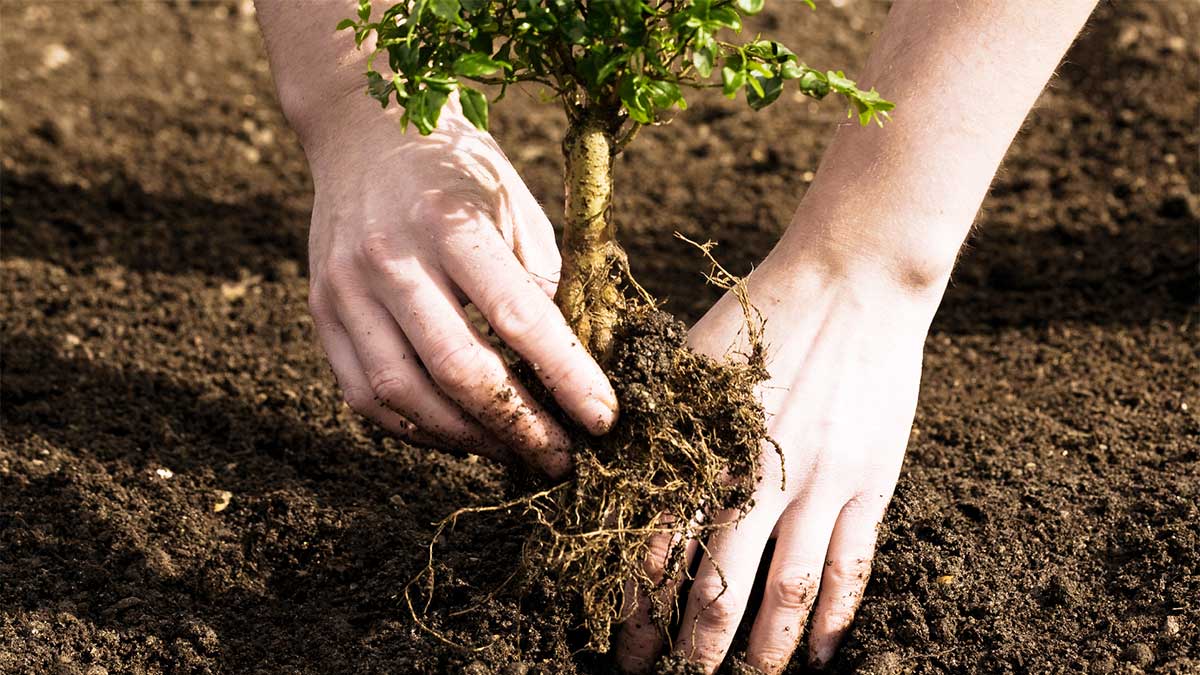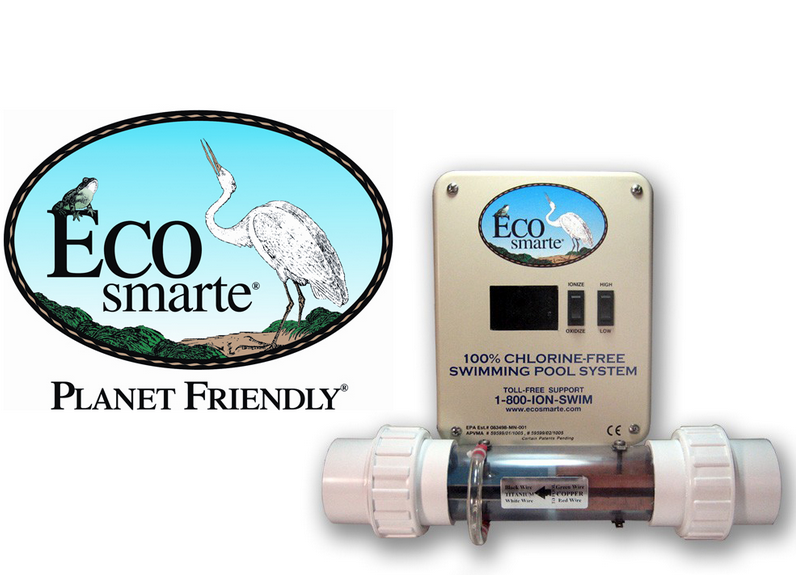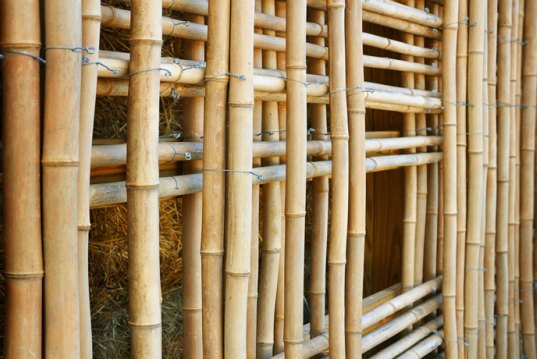Sustainable Outdoor Living
Plant Trees– Contribute to carbon dioxide reduction, oxygen production, and homes for wildlife, by planting a tree.
Gardens – Vegetables, fruits and herbs planted in your yard help reduce fuels use in transportation, packaging and pesticides.
Lawn Care – Eliminate the toxins from pesticides and fertilizers that enter our air, soil, water and food and can cause harm to our health and the health of the planet.
Pool Chemicals – Eliminate the toxins from pool chemicals such as chlorine and use salt or ionization to remove bacteria from the pool water.
Deck – Eliminate the toxins from pressure treated lumber used in decks and use natural wood such as redwood certified by the Forest Stewardship Council (FSC) or composite decking made from recycled plastic and wood fiber.
White Roofs or Pavement – Can help offset global warming by reflecting energy rather than absorbing it.
Construction Materials– Bamboo, concrete, brick, cork, straw bales and recycled plastic are options for sustainable building materials.





